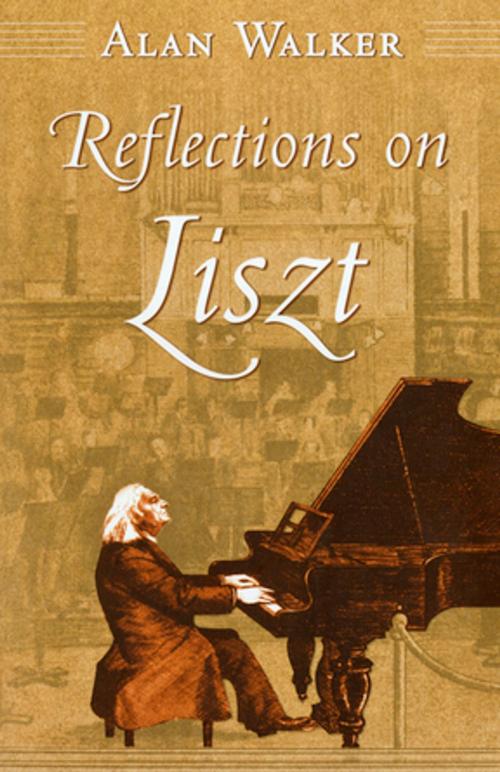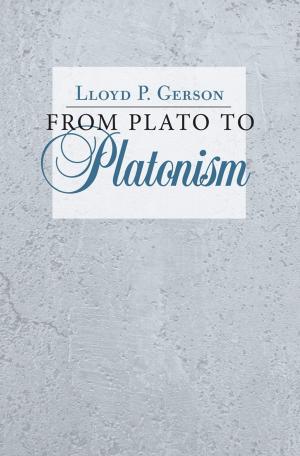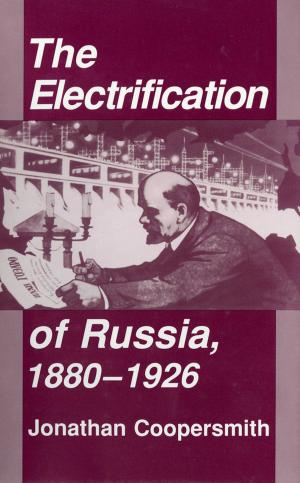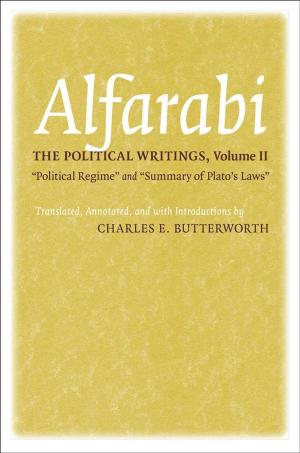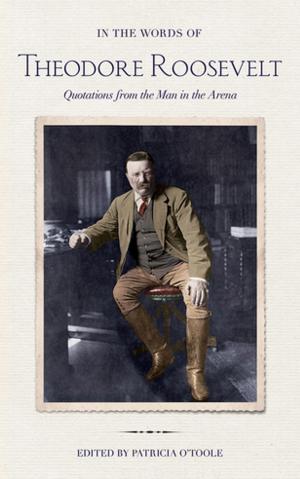Reflections on Liszt
Nonfiction, Entertainment, Music, Music Styles, Classical & Opera, Classical, Biography & Memoir, Composers & Musicians| Author: | Alan Walker | ISBN: | 9781501717024 |
| Publisher: | Cornell University Press | Publication: | July 7, 2011 |
| Imprint: | Cornell University Press | Language: | English |
| Author: | Alan Walker |
| ISBN: | 9781501717024 |
| Publisher: | Cornell University Press |
| Publication: | July 7, 2011 |
| Imprint: | Cornell University Press |
| Language: | English |
In a series of lively essays that tell us much not only about the phenomenon that was Franz Liszt but also about the musical and cultural life of nineteenth-century Europe, Alan Walker muses on aspects of Liszt's life and work that he was unable to explore in his acclaimed three-volume biography of the great composer and pianist. Topics include Liszt's contributions to the Lied, the lifelong impact of his encounter with Beethoven, his influence on students who became famous in their own right, his accomplishments in transcribing and editing the works of other composers, and his innovative piano technique. One chapter is devoted to the Sonata in B Minor, perhaps Liszt's single most celebrated composition.
Walker draws heavily on Liszt's astonishingly large personal correspondence with other composers, critics, pianists, and prominent public figures. All the essays reveal Walker's broad and deep knowledge of Liszt and Romantic music generally and, in some cases, his impatience with contemporary performance practice.
In a series of lively essays that tell us much not only about the phenomenon that was Franz Liszt but also about the musical and cultural life of nineteenth-century Europe, Alan Walker muses on aspects of Liszt's life and work that he was unable to explore in his acclaimed three-volume biography of the great composer and pianist. Topics include Liszt's contributions to the Lied, the lifelong impact of his encounter with Beethoven, his influence on students who became famous in their own right, his accomplishments in transcribing and editing the works of other composers, and his innovative piano technique. One chapter is devoted to the Sonata in B Minor, perhaps Liszt's single most celebrated composition.
Walker draws heavily on Liszt's astonishingly large personal correspondence with other composers, critics, pianists, and prominent public figures. All the essays reveal Walker's broad and deep knowledge of Liszt and Romantic music generally and, in some cases, his impatience with contemporary performance practice.
